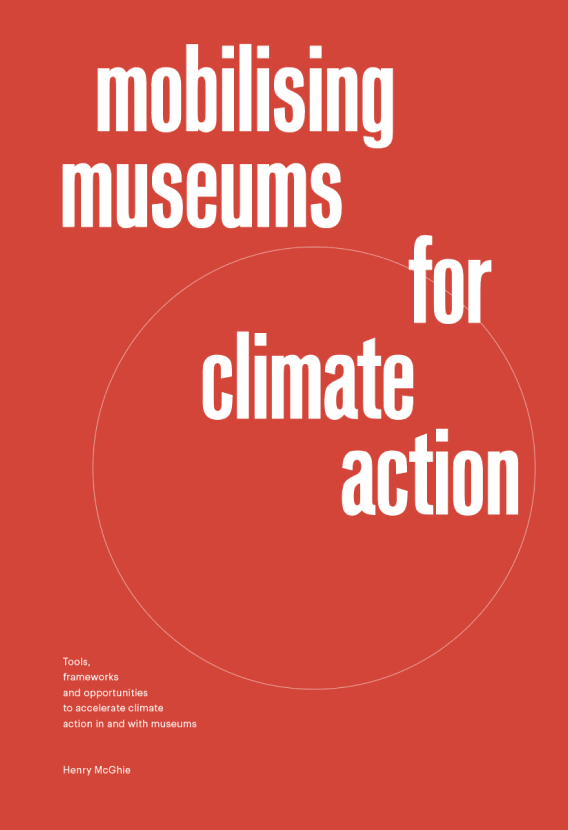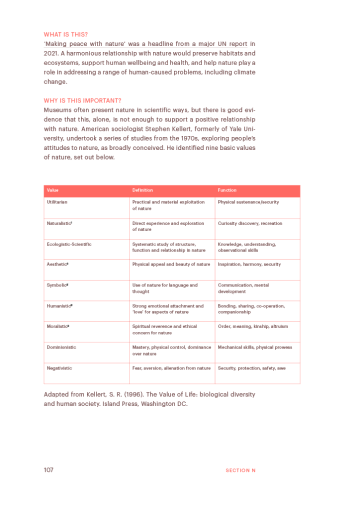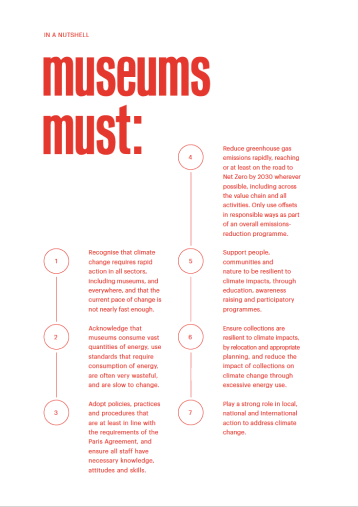Additional learning approaches
( Toolbox )
WHAT ARE THESE?
In addition to Education for Sustainable Development and Global Citizenship education, there are a number of learning and educational initiatives and approaches that complement the aims of Education for Sustainable Development and Global Citizenship Education.
WHY ARE THESE IMPORTANT?
Different pedagogies, initiatives and approaches will be more or less relevant in different settings. They can be drawn on, modified and localised to provide locally appropriate educational opportunities. Some, for example more science-based approaches, will be better suited for science and natural history museums, for example, but any kind of museum can draw on different approaches to provide high-quality learning experiences.
Ocean Literacy
UNESCO’s Ocean Literacy for All initiative aims is to promote the conservation, restoration and sustainable use of our oceans. This includes an Ocean Literacy Portal, to help educators find good-quality resources on Ocean Literacy and to provide tools and approaches to transform ocean knowledge into action.
Climate Literacy
There are several different definitions of climate literacy. Earthday.org defines a climate literate person as “a critical thinker who understands complex relationships of multiple variables of the climate system and acts in the best interest of long-term global health. These individuals make informed and thoughtful decisions based on science, economic and social factors to have the least impact on the climate system including a person’s carbon, water and land footprint.”
There are a number of Climate Literacy initiatives worldwide, including:
- Climate Literacy (EU), with e-learning modules.
- Earthday.org has a Climate Literacy and Environmental Education campaign, to promote climate literacy and its inclusion in schools,
- Climate Literacy: the essential principles of climate science. developed by NOAA and AAAS in the US, available in both English and Spanish.
- Carbon Literacy Project, based in Manchester (UK), is based around a model of a day’s carbon literacy training for individuals, organisations or students.
- ‘Mind the Climate Literacy Gap’ (2019) sets out eight principles for embedding climate literacy in education and across communities.
Futures Literacy
UNESCO’s Futures Literacy initiative aims to empower people to engage constructively with futures thinking. Future Literacy is “the skill that allows people to better understand the role of the future in what they see and do. Being futures literate empowers the imagination, enhances our ability to prepare, recover and invent as changes occur... This is not just about understanding how to prepare for potential crises or plan how to overcome grand challenges or realise the important goals of Agenda 2030. It is about moving beyond a dependency on the illusion of certainty and the fragilities this creates.” The project website includes a variety of videos, publications and tools.
Human Rights Education
Everyone has a right to education, as included in the Universal Declaration of Human Rights (Article 26), and that “Education shall be directed to the full development of the human personality and to the strengthening of respect for human rights and fundamental freedoms. It shall promote understanding, tolerance and friendship among all nations, racial or religious groups, and shall further the activities of the United Nations for the maintenance of peace.” Human Rights Education “includes any learning, education, training or information efforts aimed at building a universal culture of human rights”.
There are lots of resources available on human rights education and approaches. A selection can be found on the OHCHR website.
WHAT DO THESE PEDAGOGIES MEAN FOR MUSEUMS?
Educational, awareness-raising and participatory programmes relating to climate change can incorporate each and/or all of these learning approaches. In particular, museums should adopt rights-based approaches, in terms of ensuring that they respect people’s individual and collective rights, they protect the rights of minorities against interference from others, and they fulfil their obligations to furthering human rights and a rights-based society: the framework of respect rights, protect rights and fulfil rights.
See sections on:
Action for Climate Empowerment (section k)
Education for Sustainable Development (section l)
Towards positive relationships with nature (section n)


